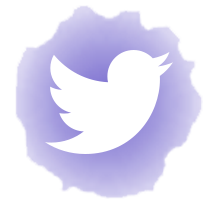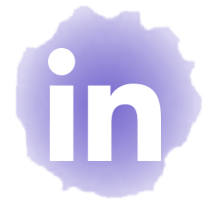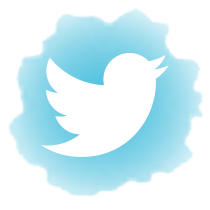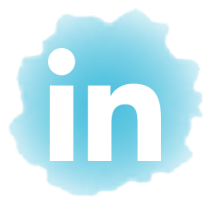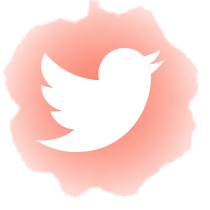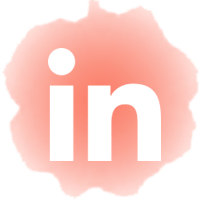Nicola Gunby
Wellness Tip:
Walk Backward to Boost Your Health
Shake up your routine and try walking backward! It’s not just a fun challenge—it improves balance, coordination, and even memory.
Research shows that backward walking activates different parts of your brain and muscles, giving you a cognitive and physical boost.
Start with a few steps in a safe space (like a park or hallway) and feel your mind and body work together in new ways. Let us know how you go!
Routine Breakdown
Nicola Gunby, Co-Founder and CMO of CLIQ
A Young Founder’s Morning Dos and Don’ts

Nicola Gunby says her morning routine is a crucial part of any day. “If I don’t do these things, then I feel like it throws my whole day off,” she tells us. Here’s how she rolls.
The Routine:
- Avoids her phone after waking. “It fills your brain with unnecessary notifications and starts you off feeling anxious/stressed – I always leave mine at least 30-45 minutes, and even then, I am mindful of what I do check when I open my phone so I can start the day on my terms!”
- Journals. “I always make myself a hot drink and sit to journal first thing whilst my mind is clear. I love The Greatest Self-Help Book (Is the One Written by You) by Vex King & Kaushal as it gives you different prompts and questions every day to keep it fresh.
- Reads. “I always try and do at least 10 minutes of reading. I usually rotate between a non-fiction and fiction book – depending on how I’m feeling!”
- Mindfulness. “I either do a 10-minute meditation or a 10-minute yoga flow. This really helps to clear my mind. By just having those 10 minutes to myself, I am a lot more present throughout the day.”
Why it works:
- Experts agree that consuming a barrage of information first thing can reduce focus and lead to mental fatigue before you’ve even gotten out of bed. Best to use devices mindfully.
- Journaling has definite mental health benefits.
- Engaging with a book early in the day helps set a focused tone. Reading also reduces stress, boosts memory, and more.
- Mindfulness has a bunch of science behind it. Those 10 minutes really can make a difference!
Now you tell us: What do you do to make your mornings more mindful?


